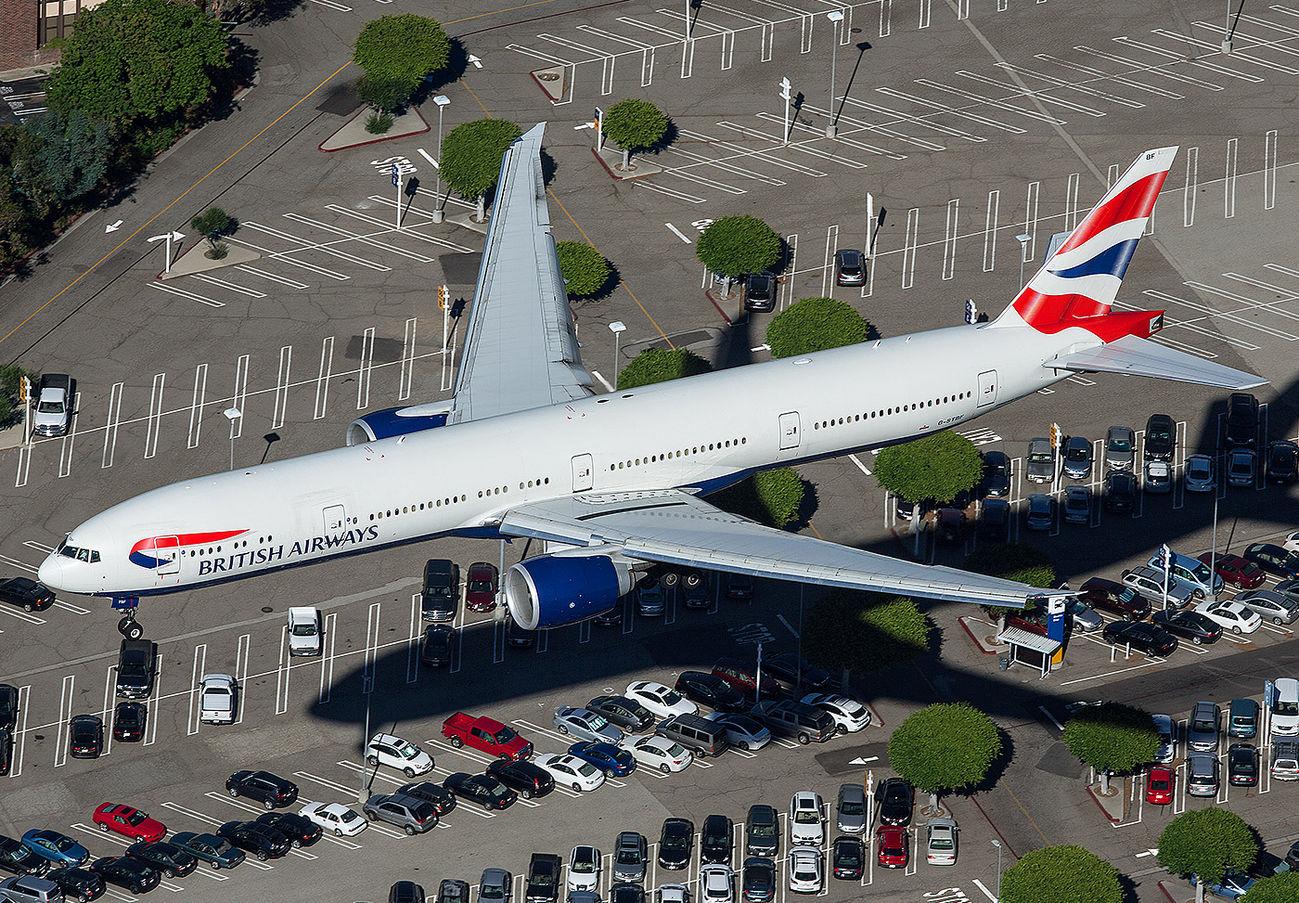
The fate of the Boeing 777 fleet will provide a bellwether for the health of the long-haul market next year.
Of key interest will be how many aircraft return from storage, how many are retired and how many come off lease without an onward customer.
Several large airlines, including ANA, Delta Air Lines and Air New Zealand, have indicated their aim to transition out of the type and into newer Airbus A350 and Boeing 787 equipment.
Aviation Week’s 2021 Fleet & Data Forecast predicts there will be about 1,200 777s in service next year, rising to about 1,400 by 2026.
That is roughly how many were in service before the crisis. Presently, about a third of the fleet – 500 aircraft or so – is in storage.
Over the next five years Aviation Week predicts that about 300 777s will return from storage, including 89 in 2021, while about 150 units will be retired over the same period.
Roughly two-thirds of the global 777 fleet is under 12 years of age, a proportion that will fall to about 50% by the middle of the decade.
At that point, in 2025, non-engine-MRO demand for the 777 is expected to reach $5.7 billion, from $5.1 billion in 2021.
However, while age is a standard tool to determine retirement and maintenance metrics, its usefulness is being tested by the Covid-19 pandemic, which has exposed the over-supply of widebody aircraft and airlines’ willingness to ditch certain types within short timeframes..
Furthermore, lessors are starting to take eye-watering impairments on 777 aircraft, suggesting that demand for the aircraft could be suppressed for some time.
Aercap, for instance, recently booked an almost $1 billion impairment on its 110 777 and Airbus A330 aircraft.
“Our impairment of these aircraft is based on our view that the lease rents for these aircraft types will be lower in future years, as we're seeing an increased number of airlines transitioning out of current technology wide-bodies and into new technology aircraft such as Boeing 787s and Airbus A350s,” said chief financial officer Peter Juhas.






Comments